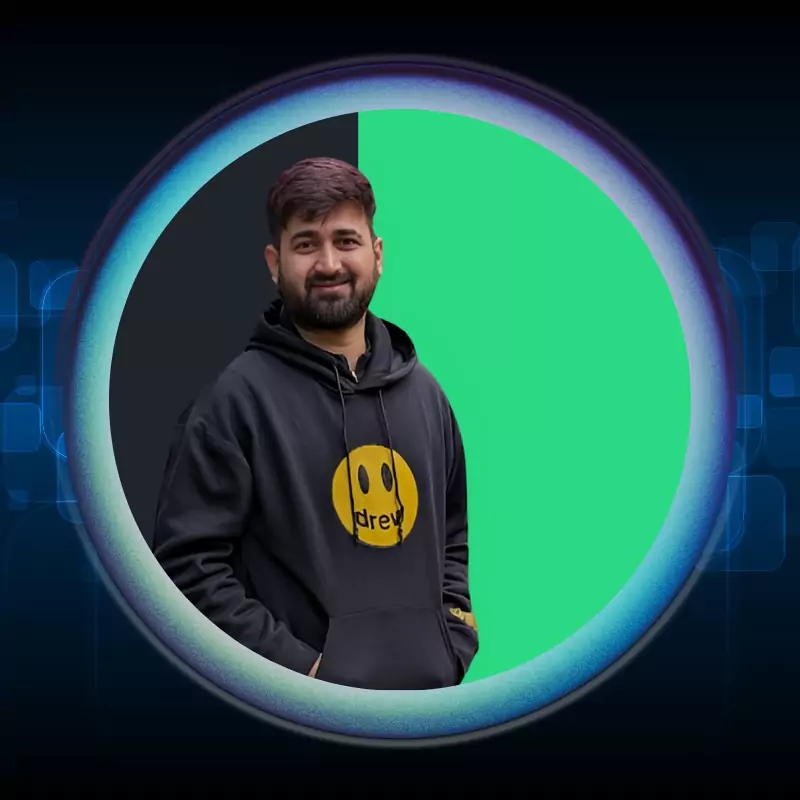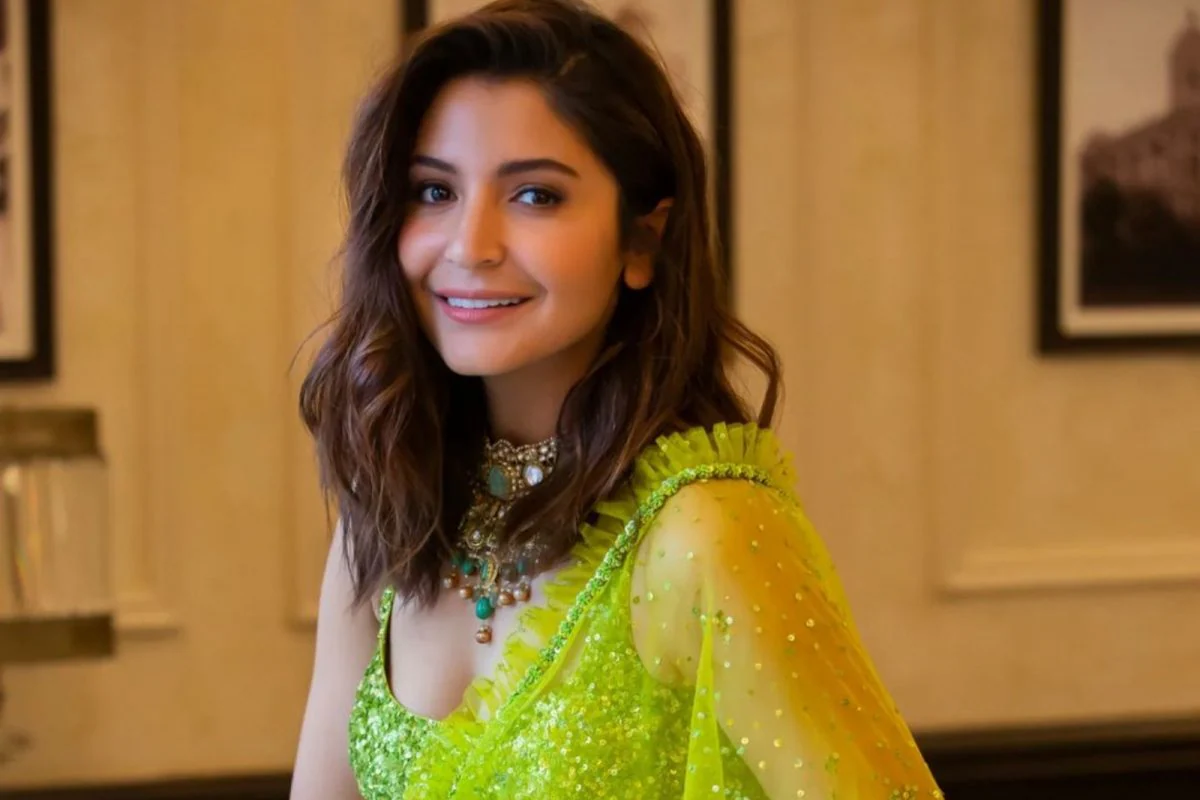They say, “Laughter is the best medicine,” but what happens when a joke about a politician leads to vandalism, police cases, and a venue being shut down?
Comedian Kunal Kamra’s recent parody of Maharashtra’s Deputy Chief Minister, Eknath Shinde, has ignited a fierce debate on freedom of expression versus political sensitivity in India. This incident not only underscores the challenges faced by artists but also reflects the complex relationship between comedy and politics in the country.
In March 2025, during a stand-up performance at Mumbai’s Habitat Comedy Club, Kunal Kamra performed a parody song that referred to Eknath Shinde as a “gaddar” (traitor). The joke alluded to Shinde’s controversial political shift in 2022.
The immediate aftermath was tumultuous, supporters of Shinde’s Shiv Sena party vandalized the comedy club, leading to its temporary closure. The Brihanmumbai Municipal Corporation (BMC) also demolished parts of the venue, citing alleged rule violations.
The controversy intensified with the filing of multiple First Information Reports (FIRs) against Kamra, accusing him of defamation and public mischief. A Shiv Sena lawmaker even threatened Kamra, stating he would be chased out of India.
In response, Kamra refused to apologize, emphasizing his commitment to free expression. He compared the violent reaction to overreacting to a minor grievance, highlighting the absurdity of the situation.
This incident is not isolated but part of a broader pattern where artists and comedians in India face repercussions for content deemed critical of political figures.
For instance, filmmaker Hansal Mehta recalled being targeted by Shiv Sena loyalists 25 years ago for a film dialogue, illustrating the longstanding tensions between creative expression and political sensitivities.
Historically, Bollywood has embraced satire as a potent tool for social and political commentary. Films like “Jaane Bhi Do Yaaro” (1983) used humor to expose corruption, while “Peepli Live” (2010) addressed the grave issue of farmer suicides through satirical storytelling. Such films demonstrate how comedy can shed light on serious societal issues, prompting reflection and discussion.
Suggested read: As Long as There’s Cinema in India, People Will Keep Getting Fooled
However, the current climate appears less tolerant of such satire. The backlash against Kamra’s performance mirrors a growing trend where political satire is met with hostility, raising concerns about the shrinking space for free expression.
When artists face threats and venues are vandalized over comedic content, it sends a chilling message to others, deterring them from exploring politically sensitive themes.
The essence of a healthy democracy lies in its ability to accommodate dissenting voices, including those expressed through humor. Comedians and artists play a crucial role in holding power to account, offering perspectives that challenge the status quo. Suppressing such expressions not only stifles creativity but also undermines democratic principles.
The recent events surrounding Kunal Kamra serve as a stark reminder of the challenges artists face in India when their work touches on political subjects.
While the nation has a rich tradition of using satire to comment on politics, the current atmosphere seems less accommodating of such expressions. This shift raises important questions about the future of free speech and artistic freedom in the country.












